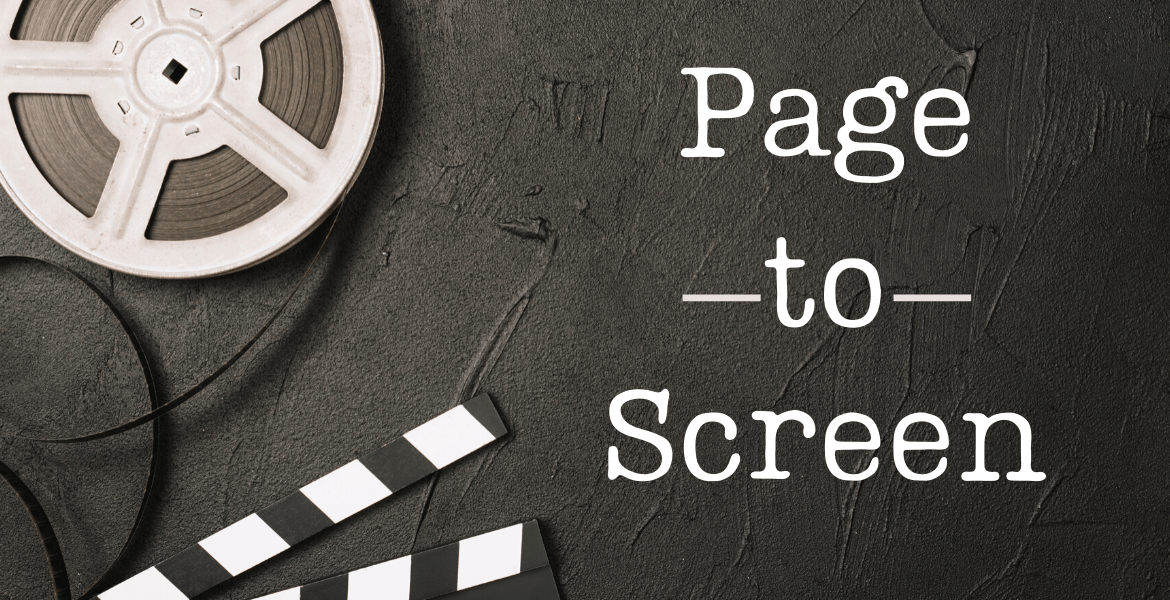From Page to Screen
At a time when the film industry seems to be awash with adaptations, with everything from TV shows to books and games getting the big screen treatment, it would be easy to point a finger at a general lack of creativity and a seemingly desperate reliance on a ‘safe bet’ approach to filmmaking. Yet turning an intimate and personal novel or short story into a cinematic experience that will appeal to the widest possible audience takes exceptional talent. Here we pay tribute to just some of the films—and their writers—who not only did justice to their source novel, but created exceptional cinema to boot.
BLADE RUNNER (1982)
The mind of science fiction writer Philip K Dick has long fuelled filmmaking fires, with everything from Total Recall (1990) to Screamers (1995), Minority Report (2002) to A Scanner Darkly (2006) being adapted from his works. But it all started back in 1982, when screenwriters Hampton Fancher and David Webb Peoples turned his 1968 novella Do Androids Dream of Electric Sheep into Blade Runner, a narrative stuffed with sweeping ideas of identity and humanity that hold their own against those stunning visuals. And while it may be one of the more obvious choices for a list such as this, that doesn’t make their achievement any less great.
BROKEBACK MOUNTAIN (2005)
Even though Ang Lee’s 2003 take on Marvel comic book Hulk was not well received, he chose another adaptation for his follow-up; Annie Proulx’s short story Brokeback Mountain. And there’s no doubt that it was Larry McMurtry and Diana Ossana’s screenplay that convinced him to try again. McMurty and Ossana divided the narrative according to their strengths; McMurty fleshed out the marital drama, while Ossana concentrated on the relationship between cowboys Ennis and Jack. Proulx herself has praised the script’s faithfulness: “I may be the first writer in America to have a piece of writing make its way to the screen whole and entire,” the author commented on the film’s release.
DRACULA (1931)
Although Bram Stoker did not invent the legend of the vampire, his 1897 novel is certainly responsible for our enduring fascination with the fanged beast. Indeed, such was its gothic appeal that Universal founder Carl Laemmle was considering a film adaptation as early as 1914, although it took some time to secure the rights from Stoker’s widow. And although the decision was made to use the script from Hamilton Deane’s stage play, which had opened on Broadway in 1927 with Bela Lugosi in the lead, reverence for Stoker’s imposing themes and characters make this early version of Dracula the most effective committed to celluloid.
JAWS (1975)
Peter Benchley’s shark-attack novel was published in 1974 and became an instant success; Universal producers Richard D Zanuck and David Brown purchased the rights soon after, guaranteeing that Benchley would write the first draft of the screenplay. After writing three drafts, however, Benchley admitted defeat and Carl Gottlieb took over, with an uncredited John Milis contributing dialogue. (Although Roy Scheider improvised the film’s best known line, ‘We’re gonna need a bigger boat’.) And even though Steven Spielberg has admitted that he found the novel’s characters so unsympathetic that he was rooting for the shark, he loved the screenplay so much that he turned it into cinema’s first blockbuster.
To read this article in its entirety, subscribe to the print or digital editions











